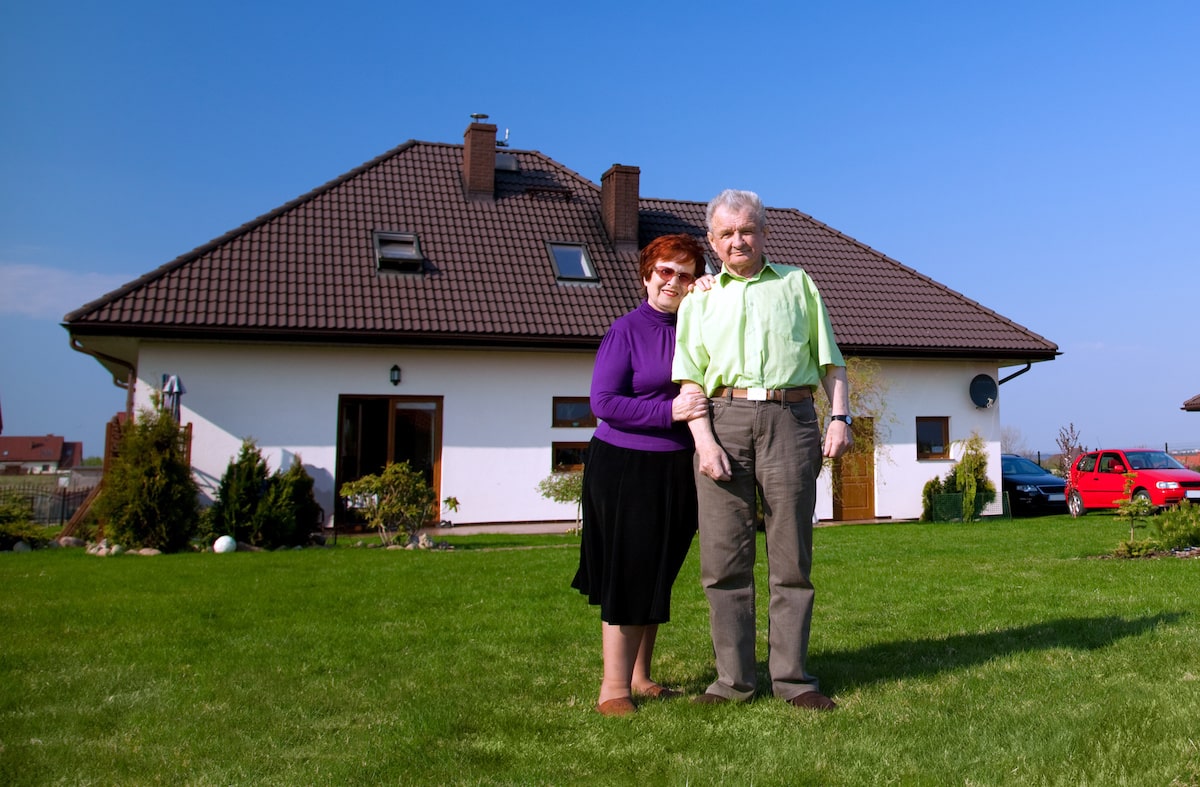Older homebuyers are increasingly taking climate change into account when choosing retirement destinations, especially as health-related dangers increase for older demographics in disaster-prone regions. Not only do extreme weather events pose immediate threats to older homeowners, but those who struggle with mobility could also have difficulty evacuating, and making home repairs or rebuilding in the aftermath of hurricanes or wildfires is a challenge relocating retirees want to avoid.
The proportion of Americans over 65 who live in coastal communities is expected to rise to roughly 37 percent of the population in 2100, more than doubling the 16 percent coastal population today, according to The New York Times. As dangerous weather events become more commonplace, the share of migrating homeowners in those regions is also likely to increase.
“The ability to see a doctor during a king tide could be hard,” said Mathew Hauer, an assistant professor of sociology at Florida State University in Tallahassee, using a term for exceptionally high tides. “And an ambulance may not be able to get to you.”
These health-related dangers are certain to increase as rising sea levels coincide with the growing elderly population along the coasts, Dr. Hauer said.
“Two trends we know are happening — the impact of climate change at the same time the world is aging,” Dr. Hauer said. “Those two trends, I’m afraid, will crash head-on, and we will see more catastrophic impacts than if either one had happened.”







